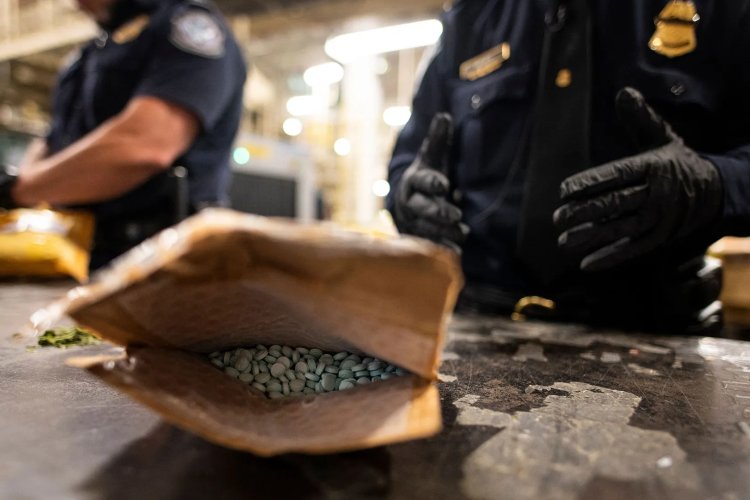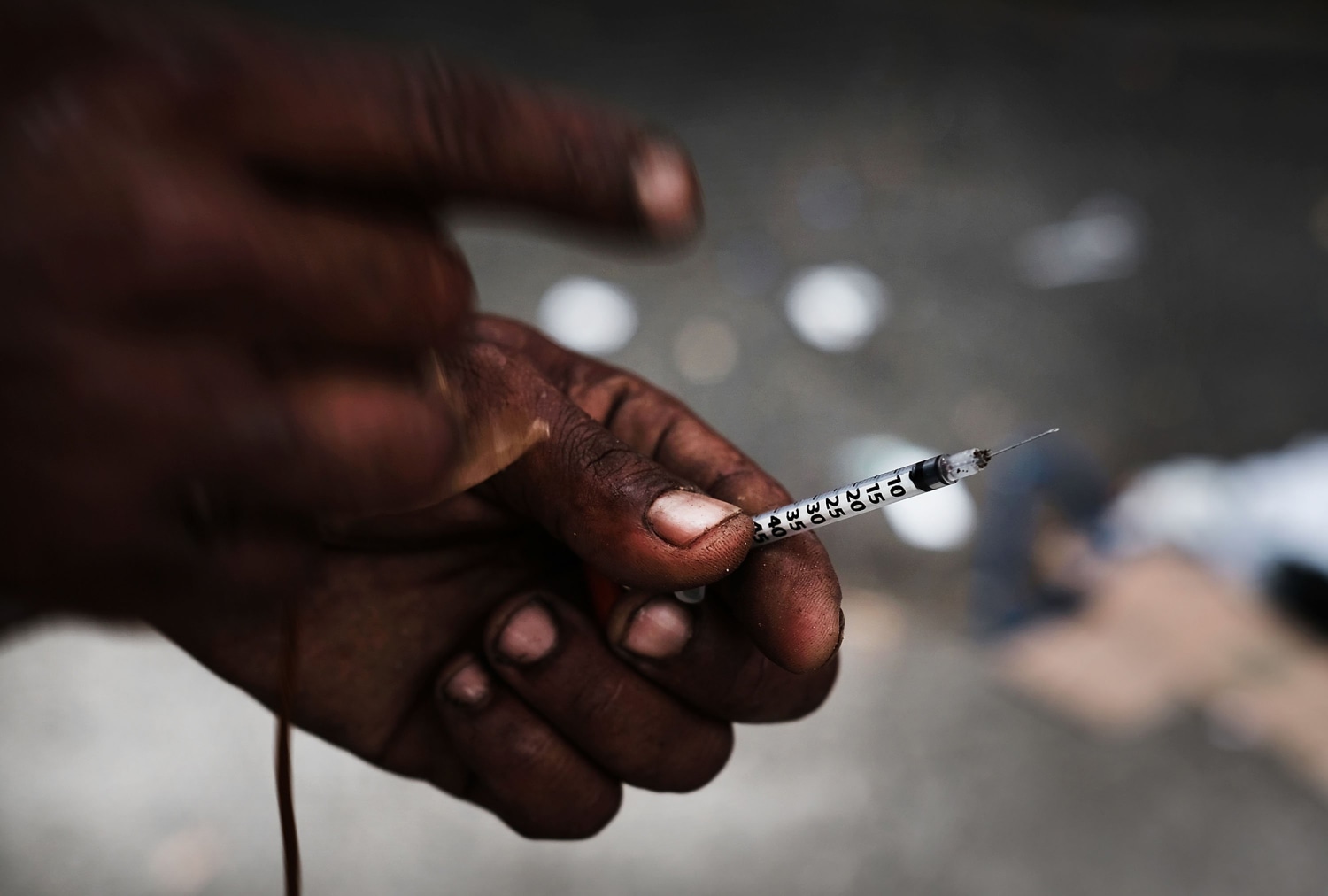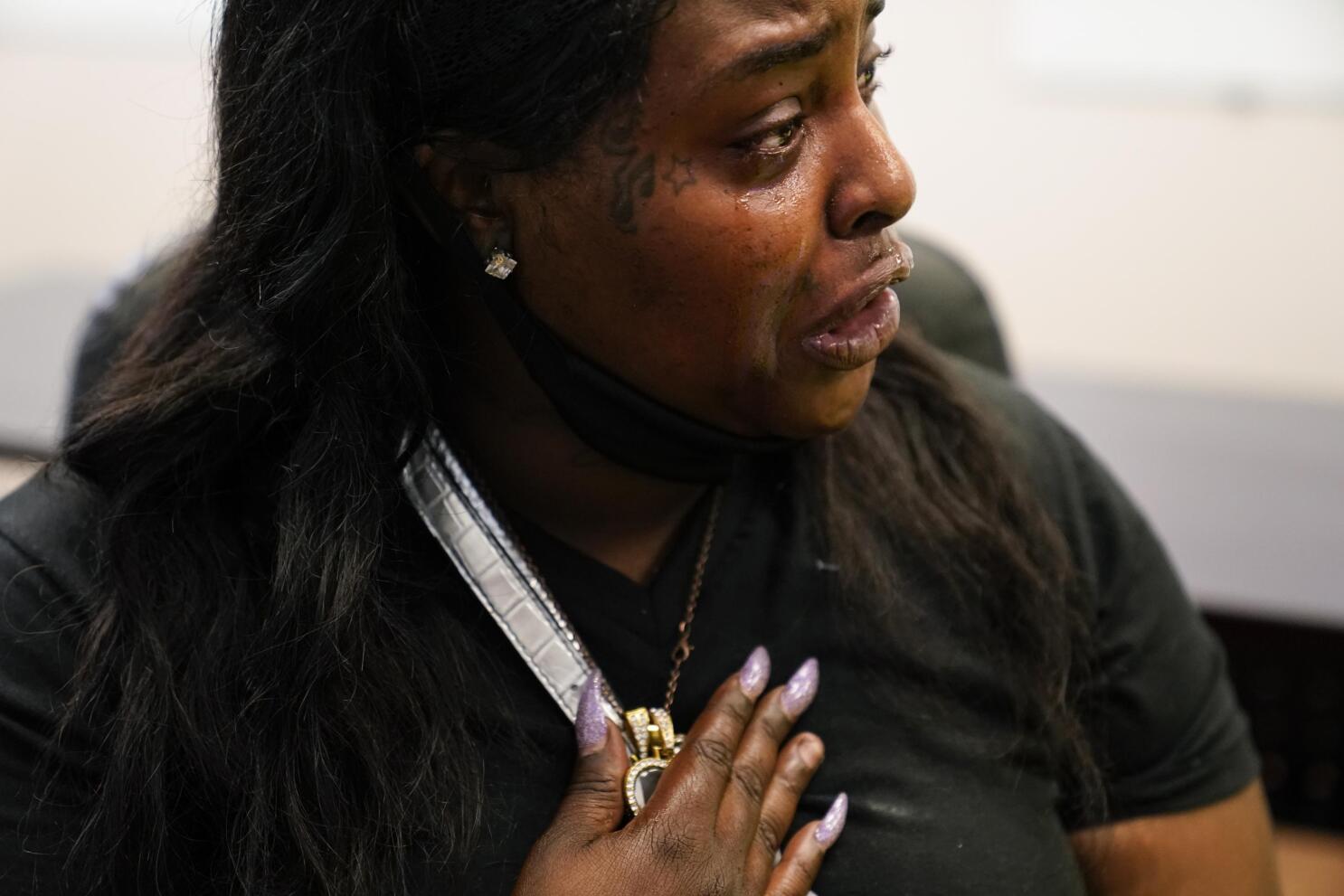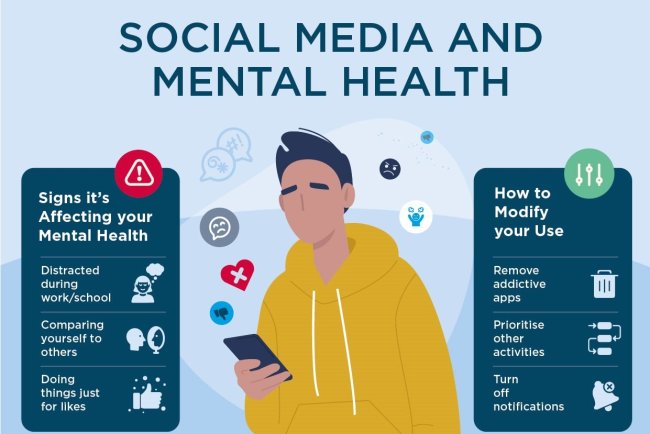Black Communities Are Being Devastated by the Opioid Epidemic: The Hidden Crisis
Between 1999 and 2019, the opioid crisis claimed over 500,000 lives, making it a long-standing national catastrophe. Although white, rural America has frequently made headlines, a more subdued and deadly aspect of this epidemic is currently taking place: opioid addiction and overdose deaths are on the rise in Black communities across the United States.

The opioid pandemic, which was once believed to have mostly avoided Black Americans, has taken a different form, with terrifying results. Systemic injustices, institutional neglect, and a healthcare system that frequently fails those who need it most are the main causes of this change.
How the Opioid Crisis Moved from the Periphery to the Main Stage
Due to long-standing racial biases in medicine, Black patients were consistently under prescribed opioids, even in emergency situations.
Some Black neighborhoods may have been spared from the initial waves of the crisis because of this racial imbalance, but it also revealed a deeper injustice: a fundamental lack of understanding of Black suffering.
However, things have changed since the COVID-19 epidemic. Nearly 92,000 people died as a result of opioids in 2020, setting new records. Additionally, according to CDC data, Black Americans died from opioids at a higher rate than white Americans for the first time in the epidemic's two-decade history.
Opioid Overdoses in Black Communities Are Increasing Deadly
It is absolutely astounding how many more Black Americans are dying from overdoses. Between 2019 and 2020:
Black Americans had a 44% spike in opioid overdose deaths, more than twice as many as white Americans.
Overdose deaths among Black teenagers aged 15–24 increased by 86%.
Black residents' opioid death rates were twice as high in places with the highest socioeconomic inequality as they were in areas with more equitable economic conditions.
According to the CDC's findings, public health, poverty, and race connect in a tragic way, leaving Black communities doubly burdened by the opioid crisis' changing dynamics as well as enduring societal injustices.
Addiction, Pain, and Loss: George Floyd's Story
The tale of George Floyd serves as a metaphor for this epidemic of silence. Courteney Ross, his partner, testified that both of them used opioids to cope with their severe pain, his in his back and her in her neck. George Floyd was really hospitalized for an opioid overdose just two months prior to his May 2020 murder.
His tale is by no means exceptional. It illustrates a more general reality: opioids are frequently used as a last resort to relieve untreated pain, and without assistance, that pain alleviation can turn into a hazardous addiction.
Why Are Black Communities Seeing an Increase in Opioid Deaths?
This lethal rise is being fueled by multiple factors:
Abrupt Disruption of Care: Many pharmacies and clinics closed during the outbreak. The availability of prescription opioids decreased, but just for new patients, leaving some people with mismanaged pain or driving others to use risky illegal substances like heroin and fentanyl.
Lack of Access to Treatment: A startling 92% of 2020 opioid overdose deaths resulted in no addiction treatment. That percentage falls to just 8% among Black Americans, the lowest of any racial group.
Stigma and Treatment Deserts: A Lethal Mix
Addiction treatment facilities are frequently underfunded, overworked, or mistrusted, even in communities where they are present. In actuality, the situation cannot be resolved by merely constructing more facilities. A community-based, culturally appropriate solution is required, one that addresses systemic racism, recognizes trauma, and lessens the profound stigma associated with addiction in Black communities.
To be clear, this is more than just a medical problem. It reflects a dysfunctional system that punishes rather than heals and policies rather than protects.
Preventing a Second Drug War
There is a genuine chance that we might make the same mistakes again when the US government implements new tactics to stop the spread of fentanyl. Black Americans were incarcerated in large numbers as a result of the initial War on Drugs' purposeful racialization, which ignored the underlying roots of addiction.
Black communities will once again be the victims of bad policy if the solution to this new opioid tsunami is more criminalization rather than more treatment.
What Must Change Right Away
We must abandon clichés and adopt a public health paradigm based on empathy and equity if we are to effectively solve this crisis:
Provide funding for and increase access to evidence-based pain care, including alternatives to opioids.
Make sure addiction treatment is available, reasonably priced, and sensitive to cultural differences.
Start focused public health initiatives in Black neighborhoods, guided by dependable local leaders.
Eliminate the stigma associated with opioid use disorder and make getting treatment as commonplace and acceptable as getting care for any other illness.
Eliminate systematic racism in healthcare access, prescription practices, and pain management.
This is a question of justice, not merely statistics. Additionally, the opioid epidemic will continue to take a cruel toll on Black lives if we do nothing.
What's Your Reaction?




















